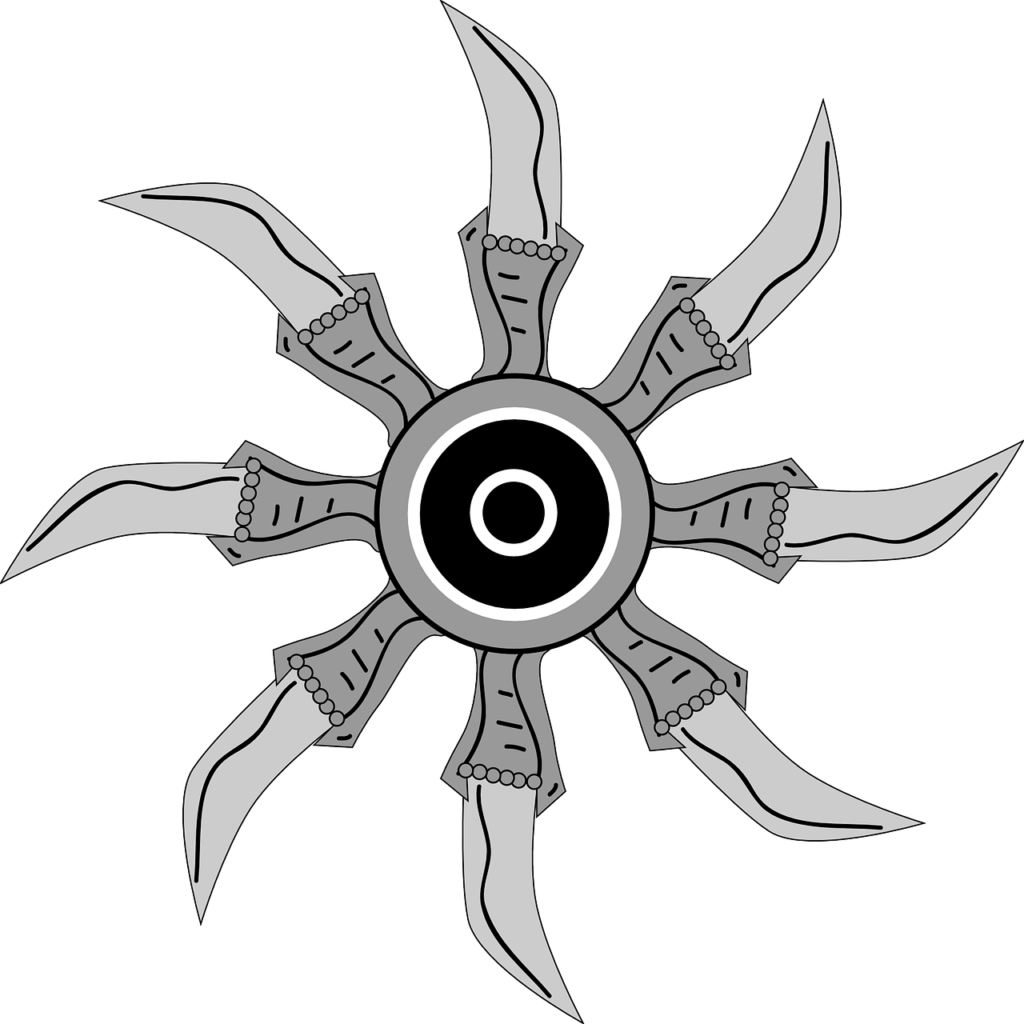Archetype Flying Blade

While most swashbucklers prefer their battles up close, others prefer dealing death from a distance.
Panache
Unlike other swashbucklers, a flying blade regains panache only when she confirms a critical hit or makes a killing blow with a dagger or starknife.
This ability alters panache.
Deeds
A flying blade gains the following deeds, each of which replaces an existing deed.
Subtle Throw (Ex): At 1st level, a flying blade can spend 1 panache point as part of a ranged attack with a dagger or starknife to make it without provoking attacks of opportunity. At 6th level, as a swift action she can spend 1 panache point to make all of her ranged attacks with daggers or starknives without provoking attacks of opportunity until the start of her next turn. This deed replaces dodging panache.
Disrupting Counter (Ex): At 3rd level, when an opponent makes a melee attack against her, she can spend 1 panache point to make an attack of opportunity against the attacking foe. This attack of opportunity can be made with either a dagger or a starknife. If the attack hits, the opponent takes a –4 penalty on all attack rolls until the end of its turn. This deed replaces kip-up.
Precise Throw (Ex): At 3rd level, as long as she has at least 1 panache point, a flying blade can use her precise strike with a thrown dagger or starknife as long as the target is within 60 feet of her, and she increases the range increment of these weapons by 5 feet. She can spend 1 panache point when she throws a dagger or a starknife to ignore all range increment penalties with that ranged attack. This deed replaces menacing swordplay.
Targeted Throw (Ex): At 7th level, a flying blade can target individual body parts. This deed functions as the swashbuckler’s targeted strike deed, but the flying blade can also use this deed when making ranged attacks with either a dagger or a starknife as long as the target is within 60 feet of the flying blade. This deed replaces targeted strike.
Bleeding Wound (Ex): At 11th level, a flying blade can deal bleed damage as part of an attack. This deed functions as the swashbuckler’s bleeding wound deed, but the flying blade can also use this deed when making ranged attacks with either a dagger or a starknife as long as the target is within 60 feet of the flying blade. This deed alters bleeding wound.
Perfect Throw (Ex): At 15th level, a flying blade can pool all of her attack potential into a single attack. This deed functions as the swashbuckler’s perfect strike .deed, but the flying blade must use this deed when making ranged attacks with either a dagger or a starknife, and she can use this deed only on targets within 60 feet of her. This deed replaces perfect thrust.
Flying Blade Training (Ex)
At 5th level, a flying blade gains a +1 bonus on attack and damage rolls when using daggers or starknives in combat. When a flying blade wields a dagger or starknife, she gains the benefit of the Improved Critical feat with those weapons. Additionally, a flying blade increases the range increment of a thrown dagger or starknife by 5 feet. The increase of range increment stacks with that of precise throw.
Every 4 levels thereafter, the bonus on attack and damage rolls increases by 1, and the range increment increases by 5 feet.
This ability replaces swashbuckler weapon training.
Flying Blade Mastery (Ex)
At 20th level, when an attack that a flying blade makes with a dagger or starknife threatens a critical hit, that critical hit is automatically confirmed. Furthermore, the critical modifiers of daggers and starknives increase by 1 (×2 becomes ×3, and so on).
This ability replaces swashbuckler weapon Mastery.
Section 15: Copyright Notice
Pathfinder Roleplaying Game: Advanced Class Guide © 2014, Paizo Inc.; Authors: Dennis Baker, Ross Byers, Jesse Benner, Savannah Broadway, Jason Bulmahn, Jim Groves, Tim Hitchcock, Tracy Hurley, Jonathan H. Keith, Will McCardell, Dale C. McCoy, Jr., Tom Phillips, Stephen Radney-MacFarland, Thomas M. Reid, Sean K Reynolds, Tork Shaw, Owen K.C. Stephens, and Russ Taylor.

 Buy me a coffee
Buy me a coffee